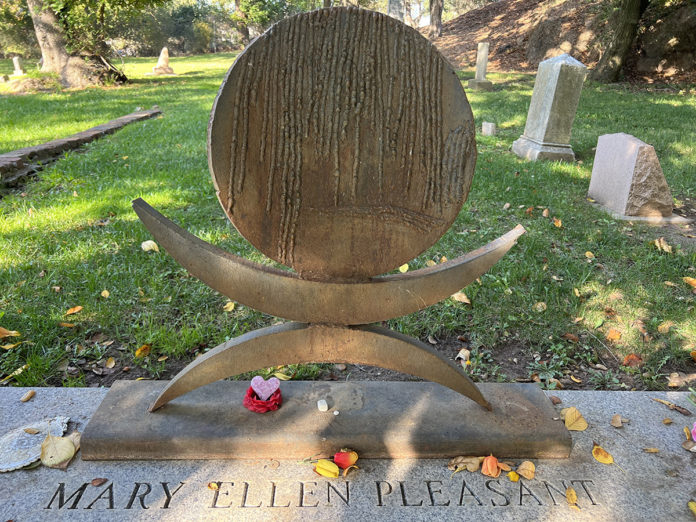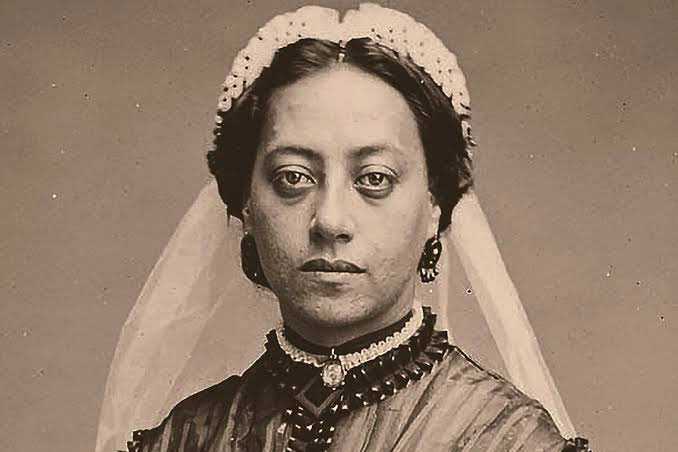
Mary Ellen Pleasant was a phenomenal woman. Born a slave in 1814, she amassed an estimated $30 million through entrepreneurship and savvy investing. Owning boarding houses, restaurants, laundries, a dairy and a money-lending business, she acquired 2,000 acres around Glen Ellen, including the famed 1,000-acre Beltane Ranch, which she used as a summer property.
By Pierre Ratte
Her main home was a 30-room Italianate mansion with formal gardens in the Nob Hill area. She lived in the mansion as a domestic to disguise her wealth in post-Civil War times.
Her self-listed profession in the 1890 census was “capitalist.”

Born a slave in Augusta, Georgia, her mother was murdered. Orphaned, she was sold to a New Orleans businessman, Amicus Price, who sent her to work for the Williams family, who indentured her to the Gardner Hussey family on Nantucket. The young girl worked in Mary Hussey’s Union Street general store at the height of Nantucket’s whaling boom. Educated in reading, writing and arithmetic by Thomas Gardner, she corresponded with the family for 20 years until their untimely deaths at sea.
Around the age of 26, she married James W. Smith, a Virginia plantation owner and abolitionist. For 14 years, they worked as conductors and financiers of the Underground Railroad, a cause the Hussey Gardner family supported. Left an inheritance by Smith, she fled Virginia and came to San Francisco, creating the western terminus of the Underground Railroad.
Fun Facts: Mary Ellen Pleasant’s SF business partner was Thomas Bell, vice president of the Bank of California. Her boarding house tenant, Newton Booth, was elected governor of California. She arbitraged gold and silver pricing during the California Gold Rush. She knew John Brown and may have financed his rebellion.
The six eucalyptus trees she planted at the Bush and Octavia mansion still stand more than 100 years later, now designated Mary Ellen Pleasant Memorial Park—San Francisco’s smallest public park. Denied access to a streetcar, she sued. The lawsuit went to the California Supreme Court. She won.








